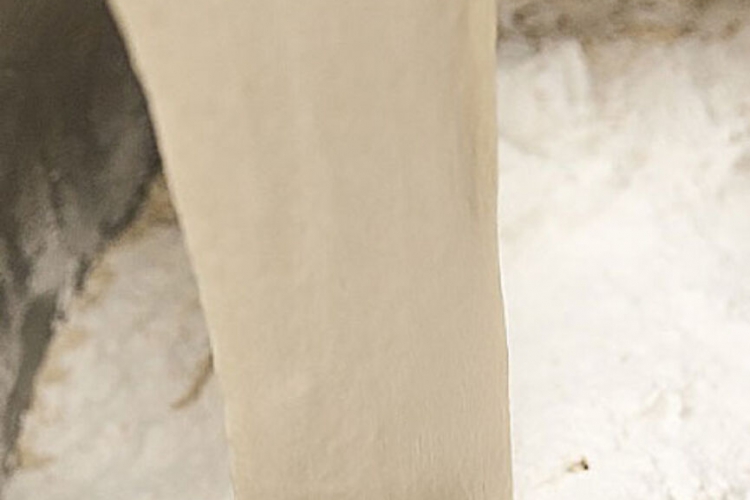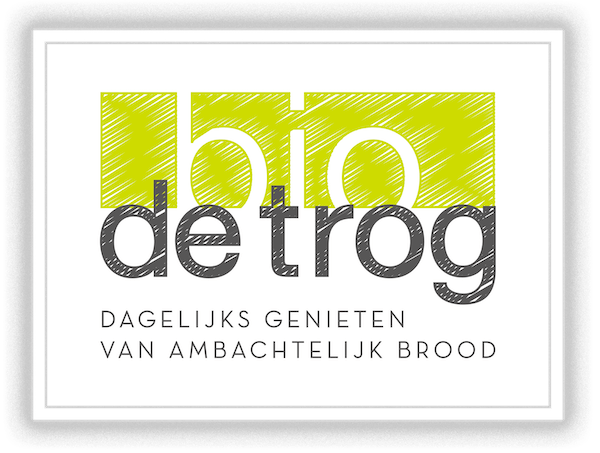Blog
Baking is no exact science; our sourdough starter is 40 years old!
06/02

At Bio Bakkerij De Trog we are constantly in search of innovation. Hendrik travels abroad regularly in an international search for the latest trends in the field of bread, whether this concerns a new variety of grain recently discovered in Italy or a new technique for baking bread.
It is no problem at all for him to spend part of his holiday working as a trainee at a local bakery for a few days in order to learn something new.
Hendrik: ‘Bread is something I am truly passionate about. Our planet offers us so many wonderful raw materials, each of which should be used in its purest form. We have truly made this our life’s purpose. Virtually all the flour we use is stone-ground. Thanks to this method, the entire wheat kernel – wheat germ and Vitamin E included – is ground on slowly turning millstones to prevent it from heating. As a result, the flavour of our bread is derived from the most natural DNA – which is exactly what we are trying to achieve. However, the biggest secret of all is probably time: we take all we need and never force anything. And, of course, we have our very own, unique sourdough starter. Our dough is given 24 hours to rise, which really gives the starter enough time to flavour the bread ultimately baked with it.’
❝ Bakers are proud of what makes them unique, and at De Trog this is the sourdough prepared at the bakery.- Hendrik Durnez, Bio Bakkerij De Trog
Hendrik: ‘Our sourdough starter originated 40 years ago. Sourdough starter is the product of a spontaneous fermentation process, in which lactic acid bacteria
and wild yeasts naturally develop and start to dominate. The basic substance on which the enzymes and microbes feed to leaven the bread is created from carefully selected flour. The remarkable result after fermentation is a substance that tastes like yoghurt. Amazing, isn't it? Our sourdough starter is our signature and gives our bread its outspoken character. However, our technique is equally determining.
Similarly to that of a chef, our profession is not an exact science. We do not make use of any complicated procedures but we do have a tremendous amount of professional expertise and passion. We observe, taste, smell and feel our dough.’


